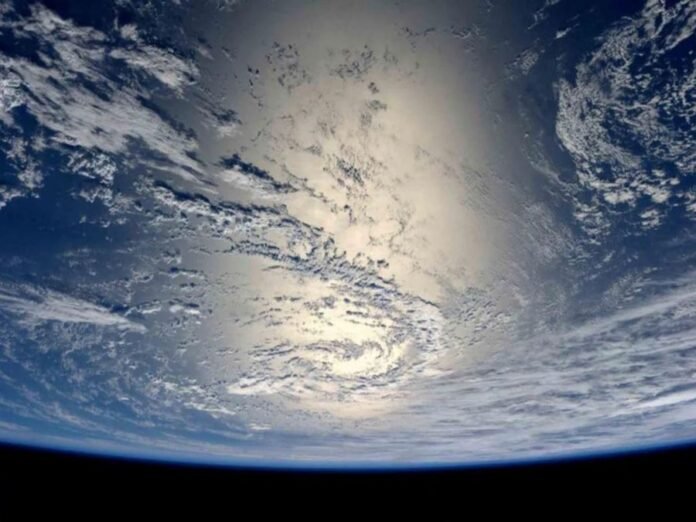New York – On Saturday the world celebrates World Space Week, a UN‑backed event that runs from October 4 to 10. The 2025 theme, Living in Space, invites people to picture life beyond Earth and shows how science, law and teamwork are turning space dreams into today’s reality.
The week starts with two historic dates. On October 4, 1957, the Soviet Union launched Sputnik 1, the first artificial satellite. Ten days later, on October 14, 1967, the Outer Space Treaty was signed, the first international agreement on space rights and responsibilities.
Today more than 90 countries own satellites. Experts predict the global space economy will cross $730 billion by 2030. Spacesharing isn’t a far‑off idea; it already powers everyday services. Solar panels, water‑purification systems, GPS, weather forecasts, and global communications all sprang from space research.
But the skies are getting crowded. In 2024, over 45,000 objects – from working satellites to broken parts – circle Earth. Tens of thousands more are planned. The risk of collisions and space junk is climbing. The UN Office for Outer Space Affairs (OOSA) sets sustainability rules, tracks debris, and helps nations create laws that match the Outer Space Treaty. This work keeps space safe and open for everyone.
Lunar exploration is the next frontier. More than 100 planned missions by 2030 span science, tourism and commercial ventures. OOSA’s One Moon for All initiative coordinates global activity to make lunar missions safe, peaceful and inclusive.
Space is not just for the wealthiest nations. The UN has helped Kenya, Nepal, Guatemala and others build their first satellites. Satellite data now supports disaster response, climate monitoring and food security. Satellites also aid environmental protection, spotting illegal fishing, forest fires and deforestation.
Private companies are sprinting to launch, and geopolitical tensions are growing. Multilateral cooperation is therefore vital to keep space conflict‑free and accessible to all. Whether a country owns a rocket or not, every UN Member State should have a seat at the table.
World Space Week reminds us that the next chapter in human history lies among the stars—and that the tech launched from beyond our planet already fuels life here on Earth.
Stay informed on all the latest news, real-time breaking news updates, and follow all the important headlines in world News on Latest NewsX. Follow us on social media Facebook, Twitter(X), Gettr and subscribe our Youtube Channel.



